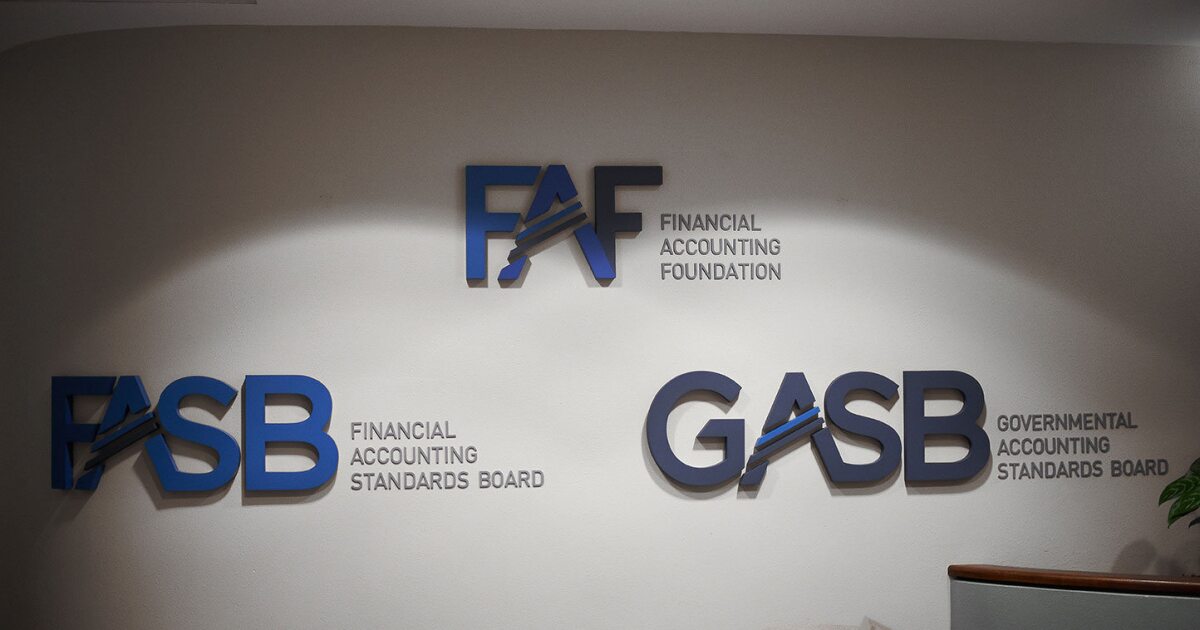
We often hear folks raise the issue of the “revolving door” between the private and public sectors as a potential area of concern for the accounting profession — an idea that I could not disagree with more.
As I learned first-hand as the former chair of the Financial Accounting Standards Board and as a partner at a Big Four firm, personnel movements from accounting firms to regulators and vice versa should be viewed as an important contributor to the overall quality of work and information shared with participants in the capital markets. Simply put, U.S. capital markets are more effective and efficient when the private and public sectors engage in open dialogue and employ professionals with both diversity of thought and diversity of experience.
This combined accounting, auditing and standard-setting and regulatory experience benefits the entire system and helps the profession evolve. That is why for more than 40 years public accounting firms, especially the Big Four, have hired people with Securities and Exchange Commission, FASB, Public Company Accounting Oversight Board or other regulatory or standard-setter experience, or encouraged their staff members to consider applying for multi-year fellowship programs at the SEC and FASB.
Employing professionals with substantial public accounting experience has been and will continue to be critical to the success of regulators and standard-setters. These individuals help strengthen the quality of auditing standards and oversight; enhance the development and implementation of accounting standards; assist in compliance with pertinent and complex regulations; and contribute to building trust in the capital markets. These highly experienced, knowledgeable and hard-working personnel from the firms complement the activities of regulators and standard-setters alike and help enhance their overall effectiveness.
Conversely, when individuals with regulatory/standard-setting experience join or rejoin firms, they can enhance audit quality and contribute to the financial reporting quality of the firm’s clients. These individuals will have a better understanding of current accounting and auditing requirements through seeing them developed and applied across the wide spectrum of reporting companies. They will be able to help incorporate regulatory and standard-setting views when implementing new technologies, techniques, methodologies and more. This type of work, external to an accounting firm, represents an outstanding learning and personal development experience. Many of the senior leaders in Big Four firms’ auditing practices have this kind of experience in their background.
We should value — and not discourage — these exchanges of personnel between the firms, regulators and standard-setters. Just as in any profession, there can be a “bad apple” who takes advantage of the system, but I’ve worked with accountants, auditors, regulators and standard-setters my whole career and strongly believe our profession is noble, with high levels of ethical and moral standards. Overall, the benefits to the financial reporting and public auditing system far exceed the risk of a rare bad apple. Of course, there need to be policies and procedures in place to ensure that any conflicts of interest in the specific work individuals are involved in do not occur. I know that the firms and the regulators have such policies — or even criminal law as it relates to the SEC — and procedures and they are carefully monitored.
Perhaps some of the concern about the “revolving door” is due to a lack of understanding of the significant scrutiny any such hires receive. While more transparency into how the process works could help to alleviate public concern, efforts by public accounting firms to bring in public sector perspectives should be encouraged. And likewise, regulators and standard-setters seeking knowledgeable and experienced private sector talent should be viewed as strengthening our system of governance and beneficial for the capital markets.
Leave a Reply